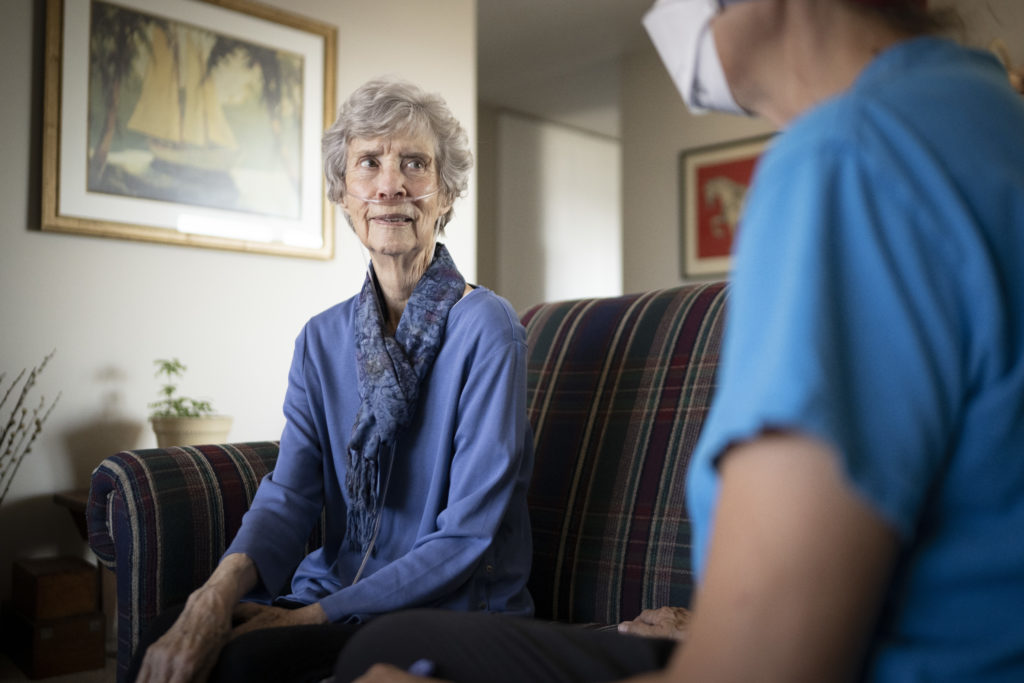A recent study by the National Library of Medicine revealed that 72% of participants found it important to discuss their end-of-life care wishes with someone. Six out of ten believed that it’s a general practitioner’s task to talk with their patients about their end-of-life care wishes. Research also shows that patients want to talk about end-of-life, though their physicians don’t think that they want to discuss it.
The same is true for families. 75% of those surveyed felt they should have end-of-life conversations with their family members. However, most participants reported that there was no one among their family and friends with whom they could talk openly about death, dying, and preparing for death. It’s also important to note that it’s common for couples to think differently. One wants to talk about end-of-life it, and the other doesn’t, so it never gets done.
According to a study by the Journal of the American Medical Directors Association, early conversations are positively associated with family decisions to limit or withdraw life-sustaining treatments, fewer in-hospital deaths, fewer unplanned hospital admissions, shorter hospital stays, family satisfaction with end-of-life care, and increased odds of receiving strong opioid pain medications in the last 24 hours of life.
Fear of death creates hesitation in hospice
Craig Poeschl is a nurse with our hospice teams that work in the community. He’s worked in hospice care for 20 years and says as stressful as it is to talk about death and dying, it can be more stressful to do it in a crisis. “Denial and fear keep families from having end-of-life conversations because they don’t want to think about losing the people we love but dying is part of living and people should be open about it because you never know when you’ll take your last breath. I’ve been present at a lot of deaths, where loved ones have expressed that they wished they had talked about it.”
The Minnesota Network of Hospice & Palliative Care (MNHPC) encourages people to plan for a time when you may not be able to speak for yourself. They say it will help your loved ones know how what to do; it can ensure that your wishes are followed and that your loved ones are not burdened with uncertainty.
Our Lady of Peace Hospice Nurse Laura Ankeny agrees. “We’re all going to die, and we all want the end of our life to be as good as possible. Often when hospice comes in, the family is in crisis, and they’re dealing with it while balancing other things in their own lives. It’s better to talk about it before you get to that point, but people find it difficult to think about what they want to happen in their final days, hours, and minutes, so they avoid talking about it because it’s uncomfortable. But when they do, they are more prepared for what lies ahead.”
CAKE is an organization that helps people create a plan for a meaningful ending so they can live their best life. They provide tools and support for “honoring life.” Their “Conversation Guide: How To Encourage Your Parents & Loved Ones to Do End-of-Life Planning” offers tips for initiating end-of-life conversations with your family and others you care about. These conversations can be difficult, but they can also be a gift when it’s time to say goodbye.
